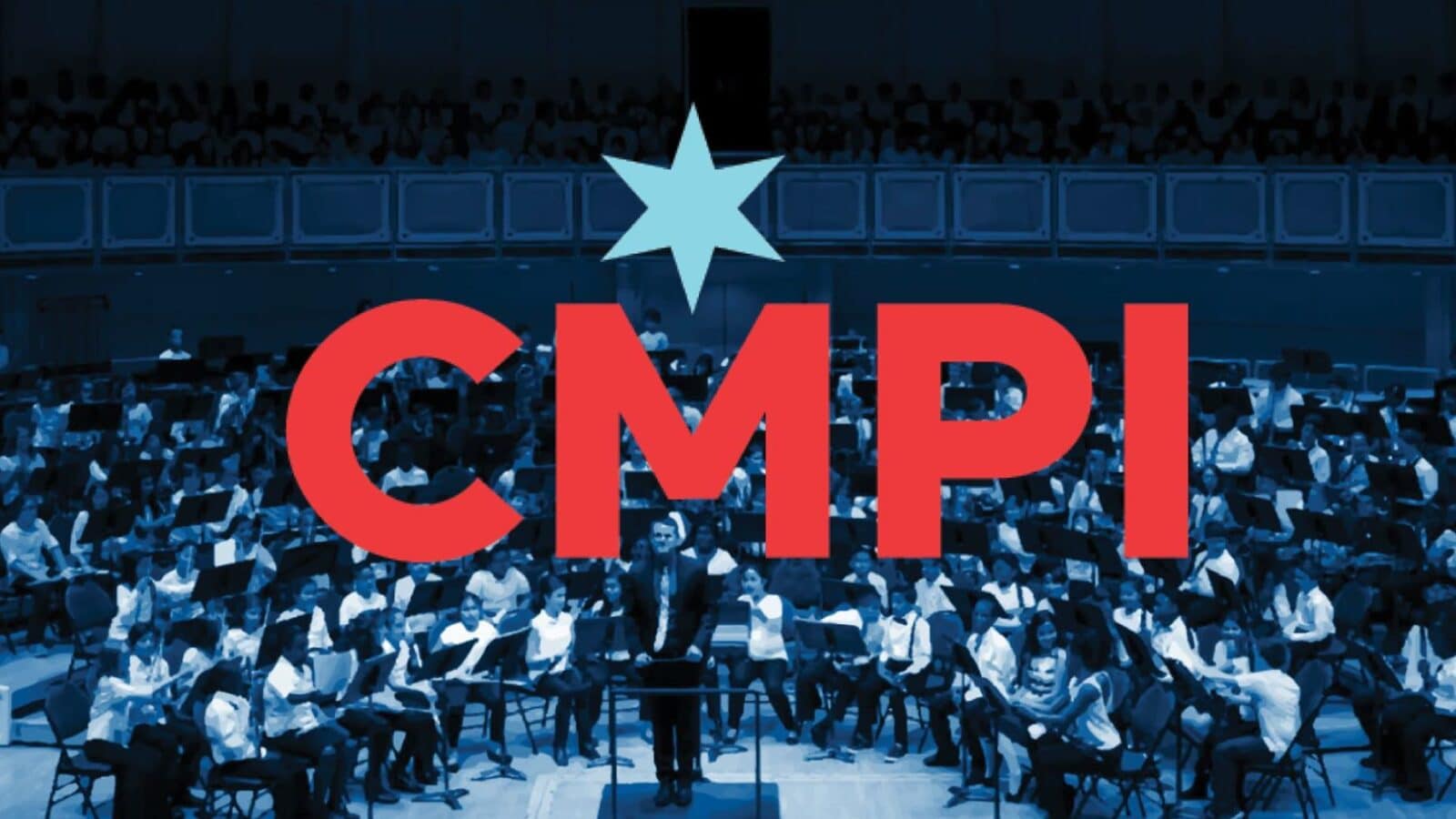For many musicians, the pinnacle of accomplishment is performing as a soloist with an orchestra. Several CMPI students have already achieved this tremendous milestone and were kind enough to share their experiences.
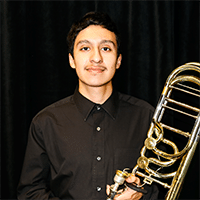
CMPI Fellow Rafael Noriega
Most of the students who have soloed with orchestra earned the opportunity by winning a competition. Competition types include:
- General Youth Competitions
- Youth Orchestra or Program Competitions
- Professional Music Organization Competitions
- Community Orchestra Competitions
Other ways to solo with an orchestra include being invited, taking part in a summer program or festival, or playing with your academic or music school orchestra.
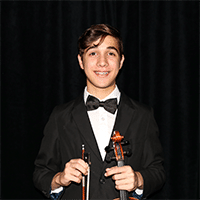
CMPI Fellow Sameer Agrawa
Once a student has been given the opportunity to solo with an orchestra, the next step is preparation. Many CMPI musicians emphasized how different the preparation must be. Anika Veda, flute, and Rafael Noriega, trombone, both found listening to professional recordings and practicing with them to be helpful. Rafael says, “I may have a soli section with the oboe, flute, and/or the strings; therefore, I have to listen to those parts carefully.”
Ella Saputra, violin, emphasizes the importance of score study. “In preparation to solo with the orchestra, I studied the full orchestra score to be completely aware of the accompaniment while I play.”
Violinist Sameer Agrawal focuses on rhythmic integrity. “When you play with piano, you have a lot more freedom than you do with orchestra, so a lot of preparing to play with an orchestra is rhythm and being steady. The orchestra isn’t going to follow you like a pianist will — you have to follow the conductor.”
For violinist Esme Arias-Kim, running through her piece is most helpful. She says, “It’s important to emulate what will happen on stage — bowing, shaking the conductor’s hand, performing. If you run through your piece each night a few weeks before the performance, you’ll feel more comfortable when you get to the actual concert day.”
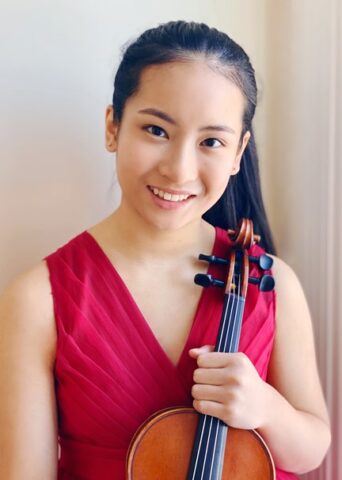
CMPI Fellow Ella Saputra
All the students found the experience to be challenging, especially the first time. For Rafael, it was a matter of confidence and a mental challenge. “In the rehearsals, I would end up feeling a little bit anxious and nervous about what the members of the orchestra might be thinking of my playing since I would unintentionally make some mistakes (as we all do).”
Sameer found the experience to require considerable concentration, stating, “Sometimes it can be a little overwhelming; you have to perform as a soloist while also keeping lots of communication with the conductor and orchestra, and be very focused.”
For Anika, practical issues were more challenging. “The most difficult part about soloing with an orchestra was getting used to the timing between my part and the orchestra part…it was hard to coordinate when I should come in with the full orchestra at certain sections.”
Esme found expressing herself tricky. She explains, “The most difficult aspect for me was being able to create the same expressions I had practiced by myself with an orchestra…playing with an orchestra challenged me to find other ways to create the same colors.”
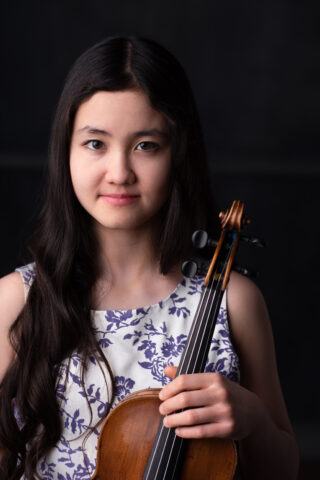
CMPI Fellow Esme Arias-Kim
All of the students felt the experience helped them to grow as musicians. For Ella, soloing helped her improve her stage presence and sound production, while Rafael grew through his ability to connect with an audience. Anika was able to increase the expression in her own playing by listening to all the orchestral musicians and their musical ideas.
For Sameer, soloing brought greater insight into his interpretation and rhythmic control. “It really helps you understand your pieces through the different voices, which will help you shape your interpretation of the piece, as well as helping you be really in control of your timing and rhythm.”
Esme found magic in her solo experiences. “There is so much magical energy on stage, and my favorite thing is being able to connect with other musicians as well as my own emotions.” She recommends that performers “have fun and feel free to invent and experiment with the music; some of the most special moments can come from taking risks and just enjoying the music on stage.”
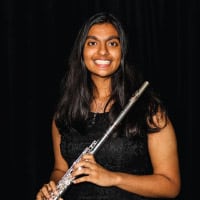
CMPI Fellow Anika Veda
While the pandemic has interrupted most solo opportunities for students, we hope to see our CMPI students shining as soloists in front of orchestras in the years to come.
